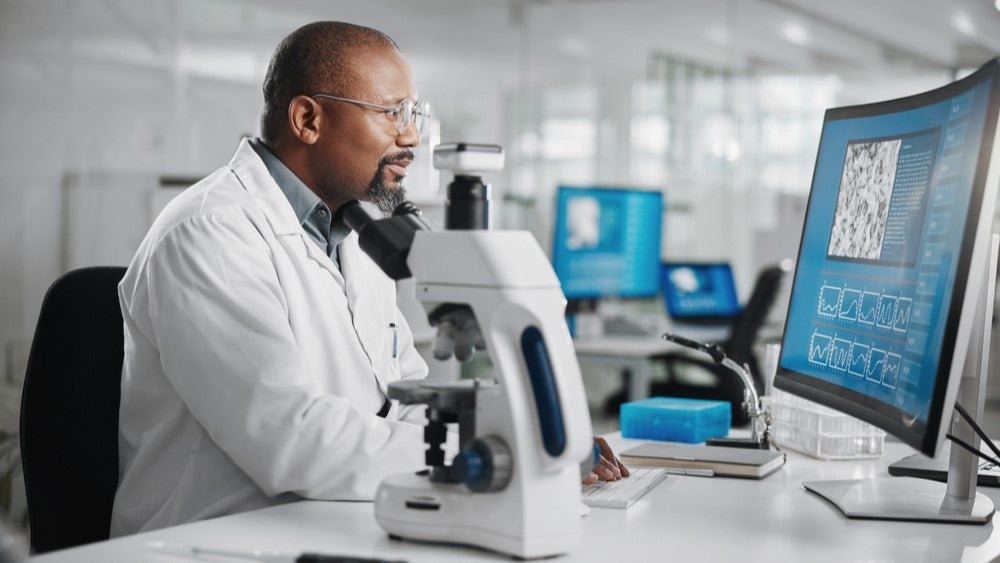Tempo Therapeutics has started the first in human trial for its tissue regeneration product, TT101, in patients who have undergone surgical resection.
TT101 is an integrative scaffold with soft tissue regeneration potential. The study is aimed to evaluate the safety of TT01 and gather data on the product’s ability to “regrow large volumes of surgically removed tissue”.Proceeds from a $12m Series A financing round raised in March are funding the clinical trial. The investment round was led by Johnson & Johnson Innovation (JJDC) and Galaxy Sirius Partners.
TT101 isdeveloped using microporous annealed particle (MAP) technology that repurposes hydrogel polymer components to make a hyper-porous, flowable scaffold format. The technology is expected to allow for immediate tissue growth and integration, whilst not triggering inflammatory and scar-forming foreign body response.
Tempo noted that the TT101 has “demonstrated non-immunogenic and regenerative tissue responses” in preclinical animal studies on soft tissue repair. The US-based company is developing TT101 for soft tissue regeneration and repair of complex surgical sites with exposed bone, tendon, or fascia.
The open-label randomised trial will enrol cancer patients with either basal cell carcinoma or squamous cell carcinoma, who underwent surgical resection. TT101 will be applied to these acute surgical oncology resection sites in the skin following the surgery. According to Tempo, the TT1010 can potentially improve healing outcomes and reduce the need for secondary interventions, particularly in patients undergoing immunosuppressive treatments.
The wound care management market is expected to be worth over $38.8bn by 2030, according to GlobalData analysis.
Several companies are developing innovative technologies to heal wounds and promote tissue regeneration.Iceland-based Kerecis developed several fish skin-derived tissue-transplant products. It was acquired by Coloplast for $1.3bn in August 2023.
Convatech secured US Food and Drug Administration (FDA) clearance for its InnovaBurn placental extracellular matrix (ECM) medical device. The ECM device is intended to manage complex surgical wounds and burns, including partial-thickness second-degree burns.









